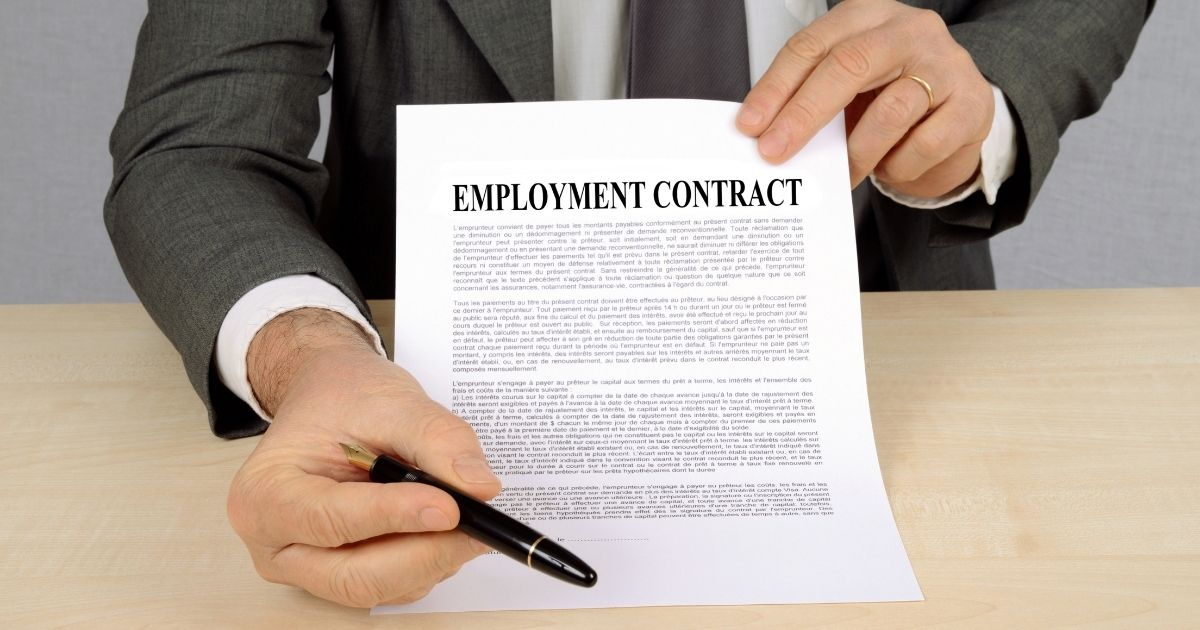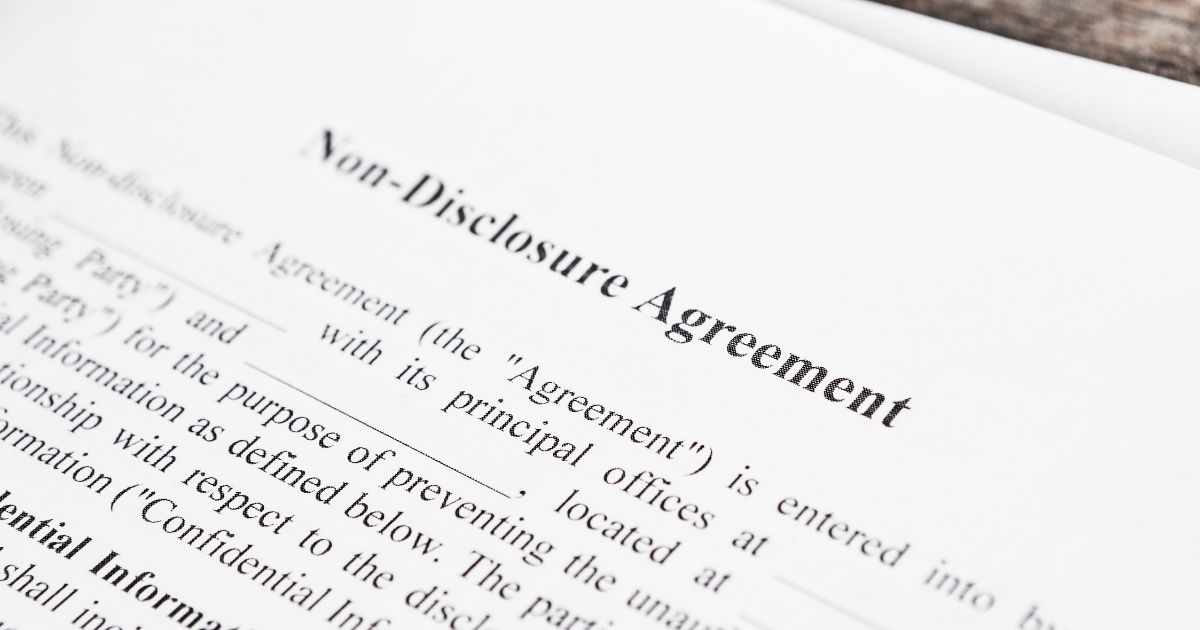Navigating Wage and Hour Laws

Wage and hour laws are an essential part of running a compliant and efficient business. These regulations, governed by the Fair Labor Standards Act (FLSA) and Pennsylvania-specific rules, dictate how employees must be paid, including minimum wage, overtime, and recordkeeping standards. For employers, understanding and implementing these laws is critical to avoid disputes, financial penalties, and damage to your company’s reputation.
In Pennsylvania, employers face the additional challenge of navigating both federal and state-specific requirements, which can be nuanced and complex. This blog will focus on the key areas businesses must address to remain compliant and avoid common pitfalls.
Key Employer Responsibilities under Wage and Hour Laws
Employers must understand and adhere to several core responsibilities to ensure compliance with wage and hour laws. The first and most fundamental of these is the minimum wage requirement. Under federal law, the minimum wage is $7.25 per hour, and Pennsylvania follows this same standard. However, certain municipalities, such as Philadelphia, may impose higher minimum wage requirements for government contractors or other specific employers. Businesses should closely monitor any local ordinances to avoid inadvertently underpaying workers.
Overtime pay is another critical area for employers. Federal and Pennsylvania laws mandate that non-exempt employees be paid one and one-half times their regular hourly rate for any hours worked over 40 in a single workweek. Determining whether an employee is exempt or non-exempt is not always straightforward and depends on factors such as salary level and job duties. For instance, while managers or administrative employees are often classified as exempt, improper classification can expose your business to costly claims for unpaid overtime. Employers should regularly review employee classifications and ensure that job descriptions accurately reflect each worker’s role.
Maintaining accurate payroll records is another cornerstone of compliance. Employers are required to document hours worked, wages paid, and any other relevant details for each employee. These records not only help ensure accurate payroll processing but also serve as critical evidence in the event of an audit or dispute. Businesses that fail to maintain proper records may face fines or challenges in defending themselves against wage claims. Investing in modern payroll systems and training HR staff on recordkeeping requirements can help avoid these issues.
Finally, it is important to understand the nuances of regulations affecting specific categories of employees, such as tipped workers. For instance, Pennsylvania allows employers to pay tipped employees a lower base wage, providing their total earnings, including tips, and meeting or exceeding the minimum wage. Failing to properly calculate these wages can result in violations and unnecessary legal exposure.
Avoiding Common Wage and Hour Mistakes
Wage and hour disputes are among the most common and costly legal challenges faced by employers. Many of these disputes stem from preventable mistakes, such as misclassifying employees, failing to pay overtime, or deducting wages improperly.
One of the most significant risks for employers is the misclassification of employees as exempt from overtime requirements. This can occur when businesses assume that a worker’s title or salary automatically makes them exempt without considering their actual job duties. Regularly auditing employee classifications and consulting legal counsel can help ensure compliance and minimize risks.
Wage theft, whether intentional or unintentional, is another issue employers must avoid. Common examples include failing to pay employees for all hours worked, not compensating mandatory training time, or requiring off-the-clock work. Employers can protect themselves by implementing clear policies, providing thorough training for managers, and ensuring payroll systems accurately track all work hours.
Another common issue arises with meal and rest breaks. While Pennsylvania does not require employers to provide meal or rest breaks for adult employees, businesses that include break policies in employee handbooks or contracts must honor those commitments. Inconsistent practices can lead to claims of unfair treatment or breach of contract.
Employers can also face challenges with tipped employees if they fail to comply with minimum wage laws. Regularly monitoring tips and ensuring compliance with the “tip credit” provisions can help businesses avoid legal disputes. Proper training for managers and payroll staff is essential to ensure wages are calculated accurately.
Philadelphia Business Lawyers at Sidkoff, Pincus & Green P.C. Help You Protect Your Business
Wage and hour compliance can be complex, but it is crucial to protecting your business. Speak with the Philadelphia business lawyers at Sidkoff, Pincus & Green P.C. about how we can help you. Contact us online or at 215-574-0600. Located in Philadelphia, we serve clients in Pennsylvania and New Jersey, including South Jersey.
























